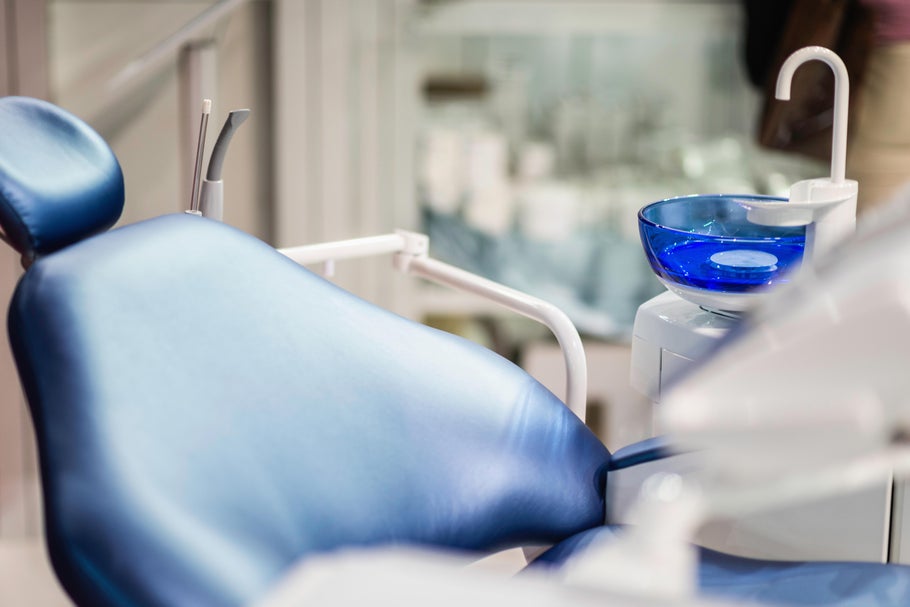How to prepare your dental practice for its formal valuation
In this blog post, Christopher Vowles, Head of Valuation – Medical, shares key tips on preparing a dental practice for its formal valuation.
Business. Built around You.
Your expert business property advisers


What is a formal RICS valuation?
In short, a RICS business valuation establishes the market value of your business in the hands of a reasonably efficient operator (REO).
Firstly, it’s important to know the difference between an appraisal for marketing purposes and a RICS (Royal Institution of Chartered Surveyors) Registered Valuation completed by members of the RICS (MRICS and or FRICS).
The value drawn from a market appraisal is based on what a selling agent considers they could potentially achieve from the open market rather than based solely on market evidence from previous transactions (comparable evidence).
A RICS Registered Valuation is defined by the RICS as, “The estimated amount for which an asset or liability should exchange on the valuation date between a willing buyer and a willing seller in an arm’s length transaction after proper marketing and where the parties had each acted knowledgeably, prudently and without compulsion”. An opinion of Market Value, fulfilled by an RICS registered valuer is also the only recognised opinion that a lending institution would consider for loan security.
What do you need to have ready before your valuation?
Assess your valuation needs
Whether you are buying/selling your business or looking to expand it, to secure investment or perhaps get it valued for tax purposes, each may demand a different approach or valuation service. In most cases, dental practices will be valued under the profit’s method.
Gather the correct data
Gathering the correct information for your surveyor is key for an accurate opinion of value.
Under the profit’s method of valuation, your Registered Chartered Surveyor will establish the Fair Maintainable Operating Profit (EBITDA) achievable by an REO having regard to the historic and current performance of the business, so drafting a brief history of the business will give them a good base to understand and assess it. They will also require:
- Three years’ profit and loss accounts
- All management information
- NHS statement and/or insurance schedules where applicable
- Lease documentation
- Detailed staffing schedule
- Running costs including current utility costs
This allows the surveyor to assess historic KPIs of the business across turnover, gross profit, wage and running costs, and, most importantly, the net and adjusted net profits.
Consider the impacting factors
It’s important to value the strengths of your business as well as the areas where it may need improvement, so prepare to be transparent. Consider factors such as:
- Location
- Number of local competitors
- Quality of procedures and equipment - are they up-to-date?
- Demand
- Contracts - NHS or private?
- Ownership structure
- Associates’ revenue
- Therapy and Hygiene income and recharge
When undertaking the valuation of a practice, the dental sector offers some unique challenges for RICS registered valuers. In a market experiencing constant and rapid change, many factors can affect value including ownership, income mix, UDA value, gross profits, and any additional services offered.
Find the right valuer
When trying to understand what a dental practice is worth, seeking an opinion of Market Value from an RICS registered valuer will always be extremely beneficial.
All RICS formal valuations are regulated by the RICS and should be carried out by suitably qualified registered valuers. Choose a valuer with experience in the dental sector and exposure to the transactional markets, as solid sales evidence underpins all valuations.
For a confidential chat regarding your business valuation, contact Christopher Vowles: christopher.vowles@christie.com / 07791 183 966